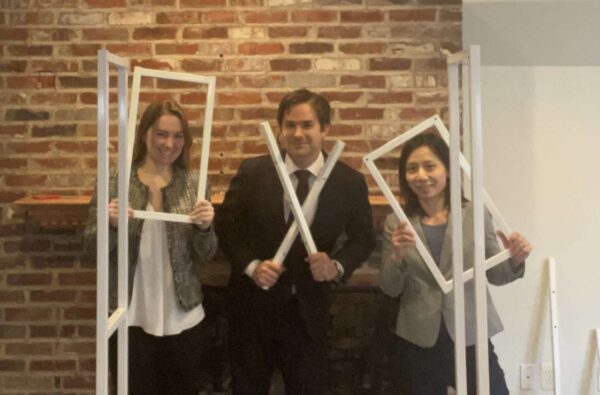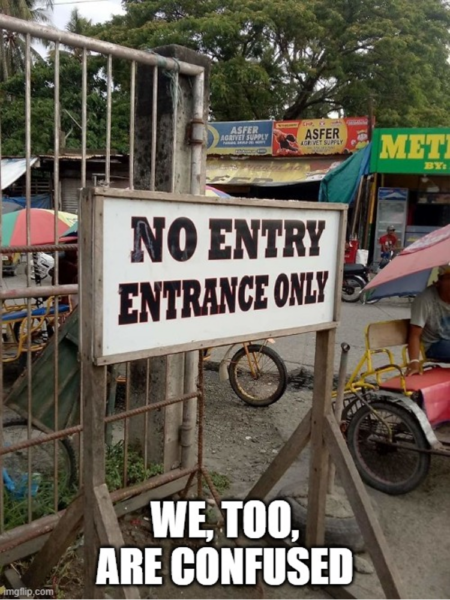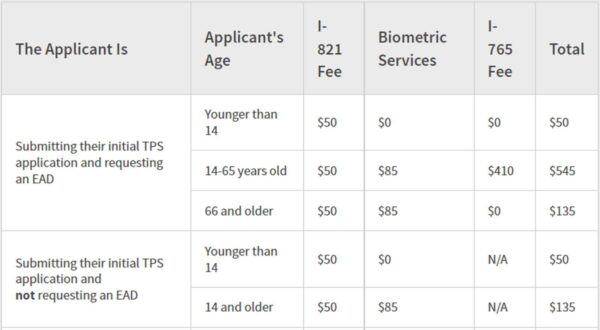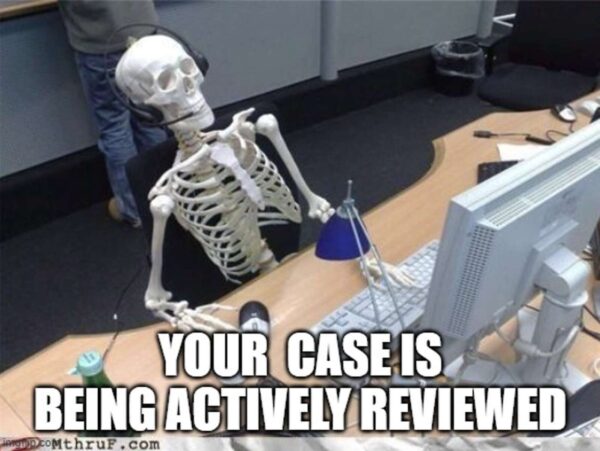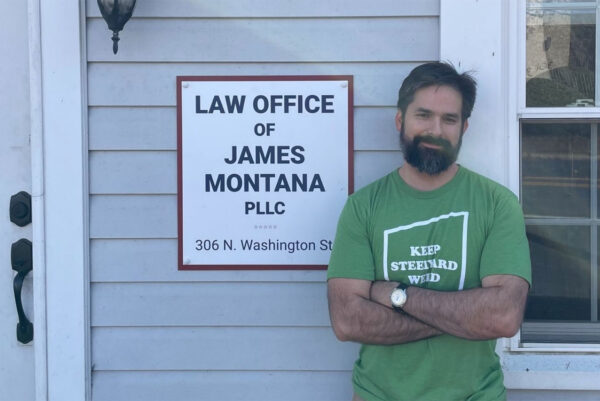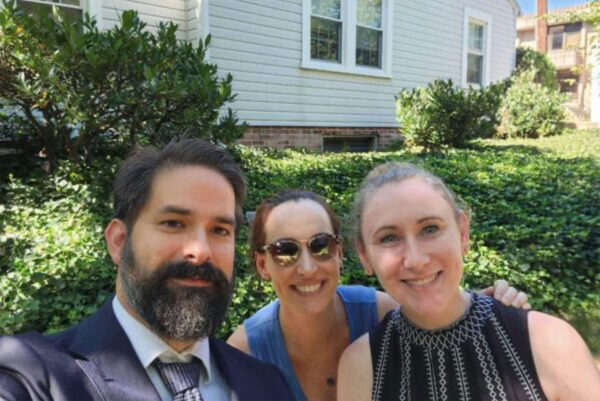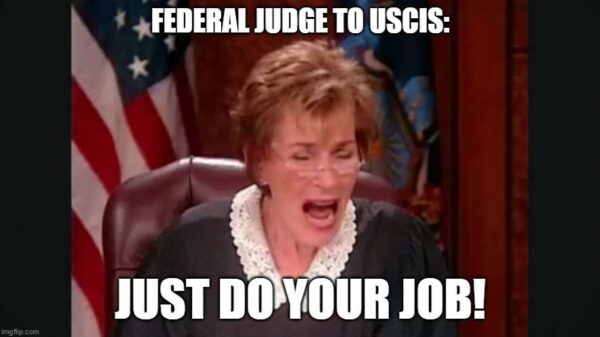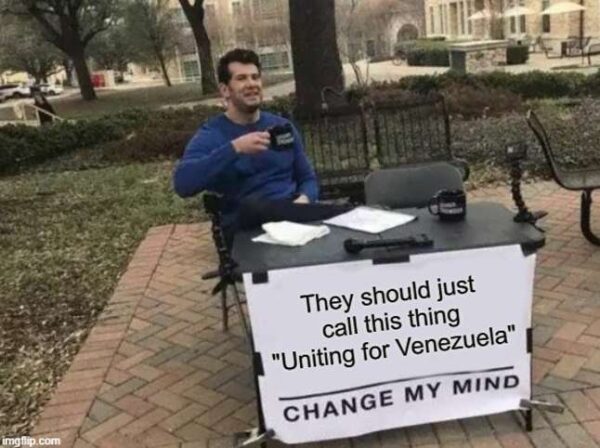This sponsored column is by Law Office of James Montana PLLC. All questions about it should be directed to James Montana, Esq., Doran Shemin, Esq., and Laura Lorenzo, Esq., practicing attorneys at The Law Office of James Montana PLLC, an immigration-focused law firm located in Falls Church, Virginia. The legal information given here is general in nature. If you want legal advice, contact us for an appointment.
It has been a while since we’ve discussed the goings-on in our nation’s immigration courts. Gather around, gentle readers: We have a story to tell.
This past week, our office has had two immigration trials, which in immigration court are called individual or merits hearings. In a merits hearing, the Immigration Judge listens to testimony and argument, considers the evidence, and, in most cases, makes a decision from the bench. (Note that there is no right to a jury trial in immigration court.) This is true in all types of immigration cases before the court, including asylum cases and green card cases.
While we represent the immigrant client, the U.S. government is represented by attorneys at the Office of the Principal Legal Advisor (OPLA), which is part of the sub-agency Immigration and Customs Enforcement (ICE) within the Department of Homeland Security. The stories you are about to read highlight how important the OPLA attorney is, and how that attorney can make a big difference in the way a merits hearing unfolds.
First, we begin with James’s asylum hearing on Friday, February 10. His client is a former journalist from Ethiopia. She originally applied for asylum many years ago before the U.S. Citizenship and Immigration Services’ asylum office. That office did not approve her case and instead placed her in immigration court to let a judge decide the matter.
This case was one of the stronger asylum cases we have had in our office in recent memory. Additionally, the client is very well-spoken and handled questioning extremely well during all of her practice sessions. About a week before the hearing, James contacted the OPLA attorney assigned to the case to discuss, in advance of trial, whether we could narrow the issues in dispute. We routinely do this to see if we can save the Court and our client time — immigration court is a busy place, and we want to do our best to help make it work.
In James’s case, the OPLA attorney responded quickly to request some evidentiary exhibits to review; after reviewing them, she agreed to not contest the asylum claim. During the hearing, the judge only asked about ten minutes worth of questions and then agreed to the stipulated grant of asylum. After many years of stress and waiting, our client finally received asylum. Our entire office was overjoyed.
Doran’s trial went quite differently. Doran’s client was applying for a green card based on her marriage to a U.S. citizen. She originally came to the United States as the spouse of a different U.S. citizen but they divorced after about five years of marriage. Due to a paperwork foulup, her first green card, and therefore residency, was terminated, which is how she ended up in immigration court. The path out of immigration court was clear: she is married to a U.S. citizen, with several children together.
Just like James, Doran contacted OPLA to see if the issues could be narrowed before trial. She also offered to discuss any issues that the OPLA attorney had with the case. OPLA did not agree to stipulate, and so the case went to trial without a prior agreement.
At trial, the OPLA attorney conducted a vigorous cross-examination of Doran’s client concerning the validity of the client’s marriage with her current U.S. citizen husband. (They have been married for eight years and have four U.S. citizen children together, so there was plenty of material to examine there — plus, there was the prior marriage.)
The cross-examination took two hours. Doran’s client was asked, in detail, both about her previous marriage and about her current marriage; and about all prior immigration applications that were filed for her.
In our view, the client did a good job of answering these questions from the OPLA attorney. It isn’t easy to handle a cross-examination, especially through an interpreter, but we were pleased with her performance.
The purpose of this recitation is not to criticize the OPLA prosecutor — either in James’s trial or in Doran’s trial — but to highlight the extraordinary difference that the prosecutor makes, and the extraordinary power that the prosecutor has. Doran’s trial, which was scheduled for two hours, lasted four, and the trial is still not over; the judge had to adjourn the case to a date unknown.
As always, we welcome your comments and will do our best to respond.



